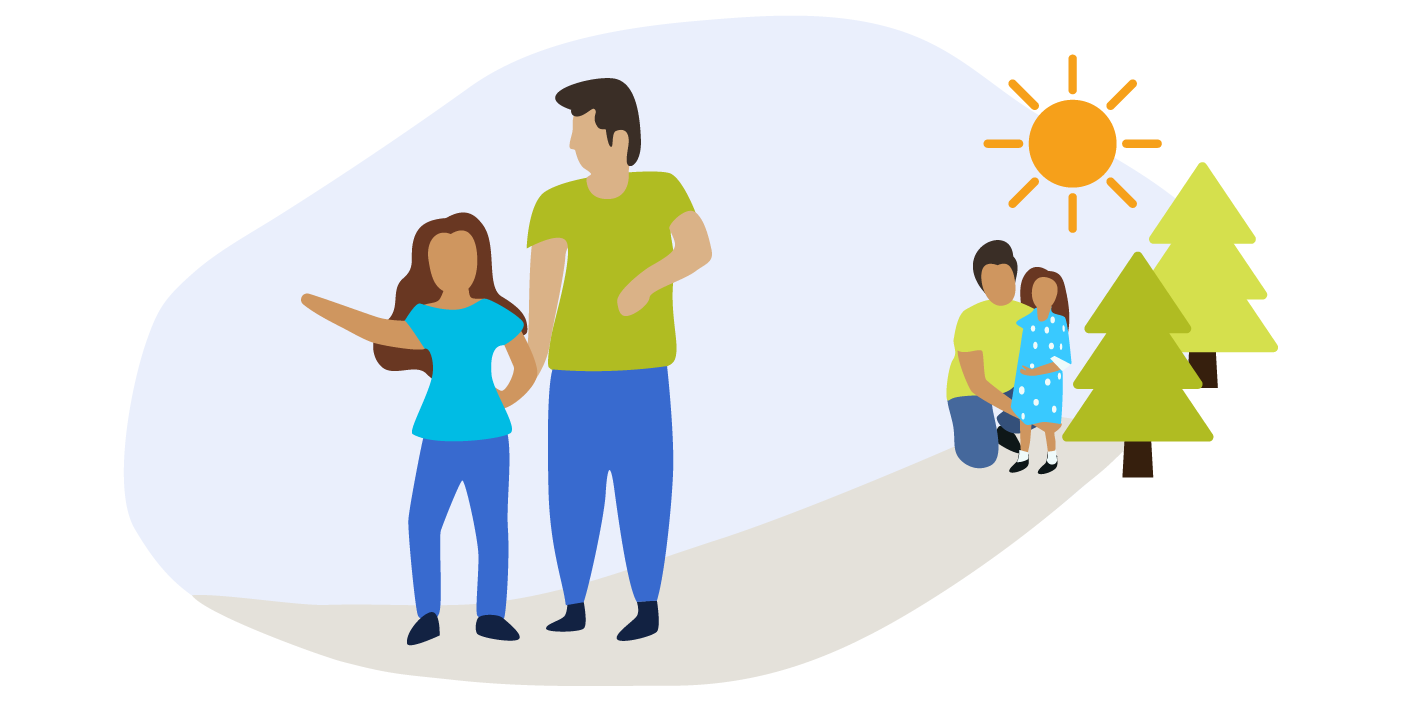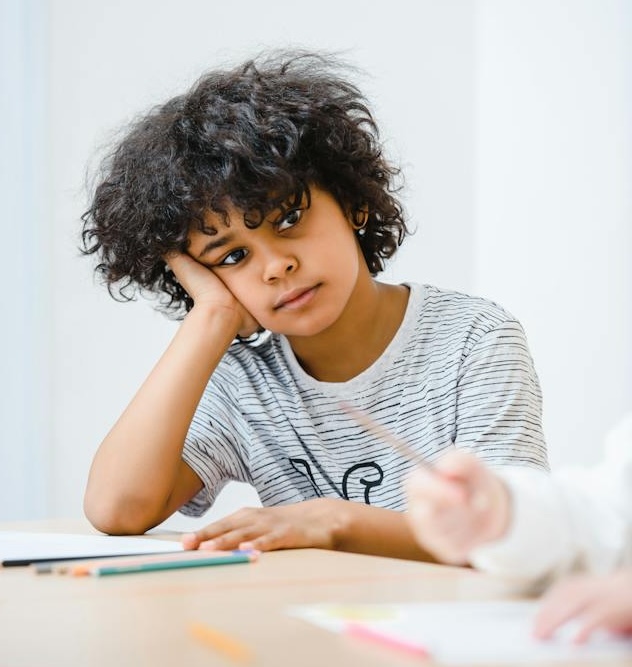Mental Health in the Asian American Community

 In this Voices of Compassion podcast episode, CHC, licensed psychologist, Dr. Emily Hsu and licensed clinical social worker, Thuy Tran talk about the unique challenges and stigma surrounding mental health and the Asian American community. Read more »
In this Voices of Compassion podcast episode, CHC, licensed psychologist, Dr. Emily Hsu and licensed clinical social worker, Thuy Tran talk about the unique challenges and stigma surrounding mental health and the Asian American community. Read more »


 During puberty your child’s emotions may become stronger and more intense. Their mood might change more frequently, quickly and randomly. Your child may have strong emotions that they’ve never experienced before. It’s common for them to feel confused, scared or angry and not know why. They also might be more sensitive and become more easily upset than usual.
During puberty your child’s emotions may become stronger and more intense. Their mood might change more frequently, quickly and randomly. Your child may have strong emotions that they’ve never experienced before. It’s common for them to feel confused, scared or angry and not know why. They also might be more sensitive and become more easily upset than usual. 
 Many teens, especially those with ADHD, benefit from an academic break and successfully transition to college following their gap year. A gap year can provide additional time for emotional maturity, hands-on experience in a field of interest, and space to slowly master living on their own and caring for themselves.
Many teens, especially those with ADHD, benefit from an academic break and successfully transition to college following their gap year. A gap year can provide additional time for emotional maturity, hands-on experience in a field of interest, and space to slowly master living on their own and caring for themselves.
 The concept of a gap year makes perfect sense: Your stressed-out teen with ADHD takes a year off to mature, gain independence, build skills, and find direction before entering college or starting a career. But isn’t it risky to step off the hamster wheel? Here, an education expert explains why the answer is, “No.”
The concept of a gap year makes perfect sense: Your stressed-out teen with ADHD takes a year off to mature, gain independence, build skills, and find direction before entering college or starting a career. But isn’t it risky to step off the hamster wheel? Here, an education expert explains why the answer is, “No.” 
 There has been a lot of attention on the
There has been a lot of attention on the 
 “Vibrant” is how Caroline Poisson describes her seven-year-old son. “He’s incredible, enthusiastic and curious,” she said. “And then there’s a side of what we call kryptonite and we talk about his ADHD brain, where there are some things that are just really hard for him.”
“Vibrant” is how Caroline Poisson describes her seven-year-old son. “He’s incredible, enthusiastic and curious,” she said. “And then there’s a side of what we call kryptonite and we talk about his ADHD brain, where there are some things that are just really hard for him.”
 Adolescence is a time of emerging independence, growth, and vulnerability. Adolescents are also faced with an array of risk factors that can impede their progress and shape their journey.
Adolescence is a time of emerging independence, growth, and vulnerability. Adolescents are also faced with an array of risk factors that can impede their progress and shape their journey.
 In this community education presentation, CHC’s
In this community education presentation, CHC’s 
 Adolescence is a period of growth in which youth are discovering who they are and where they belong. In this insightful Voices of Compassion episode, we discuss the dynamic and sometimes challenging journey of parenting adolescents.
Adolescence is a period of growth in which youth are discovering who they are and where they belong. In this insightful Voices of Compassion episode, we discuss the dynamic and sometimes challenging journey of parenting adolescents. 
 Kids have a lot to learn in their first five years of life. They learn to walk, talk, and eventually to start reading. But while kids can pick up walking and talking naturally, they must be taught how to read. Children who struggle with the building blocks of reading may be at risk for developing dyslexia.
Kids have a lot to learn in their first five years of life. They learn to walk, talk, and eventually to start reading. But while kids can pick up walking and talking naturally, they must be taught how to read. Children who struggle with the building blocks of reading may be at risk for developing dyslexia. 

